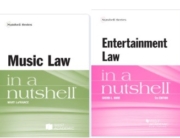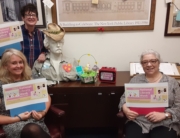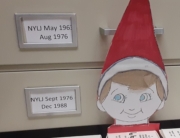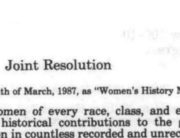What materials are essential? How can information be made more accessible? How do we know what our patrons need? How can we foster better communication ? How do we develop a budget strategy so that it is our story?
AALL Conference once again allows us to learn from our colleagues — those in academic, law firm and government agencies — about collection development and preservation which are at the heart of librarianship.
Can we talk? The panel emphasized that without good communication, the acquisition of materials can devolve into chaotic inefficiencies. The ultimate goal is an orderly acquisition of materials at the best prices and in a timely manner. Rush requests need to be rare. The Panel recommended Communication tools such as LibAnswers instead of confusing group emails
Data, big and small, is imperative in the constant evaluation necessary for a good library collection. What databases, eBooks & yes, print! are being utilized? The panel recommended the following collection usage tools: Google Analystics, Power BI, Onelog, ResearchMonitor, and Optimize Spend. Vendor supplied metrics are ready made for quick analysis. The ultimate use of data is to implement an evidence-based acquisition (eba) model rather than an anecdotal or sentimental one.
I may be the last generation that remembers developing physical archives through organizing newspaper clippings and the high tech storage center known as a filing cabinet! But those skills live on — now as digital collections using such tools as Archive-It. Great digital libraries such as HathiTrust and Internet Archive have digitized vast collections. But just like the filing cabinet from olden days, the ease of which items can be discovered is still the ultimate key to any information system.
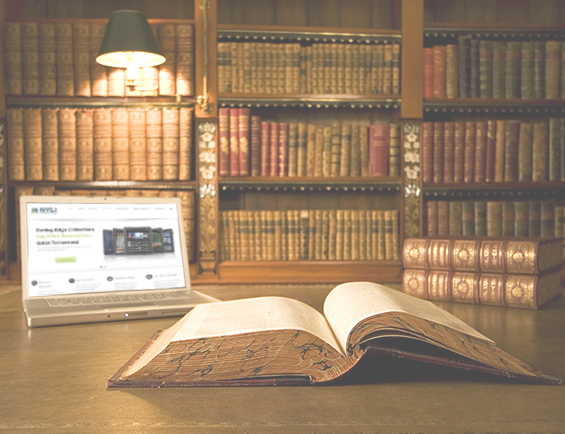
And then there is the matter of print. It is increasingly expensive and takes up real estate, but can it all really be cancelled? Panelists endorsed membership and local county bar association libraries as a frugal way to still have access to essential print. NYLI was honored to be mentioned by name more than once as a very viable option to keep access without keeping huge, and costly, print subscriptions.
Supporting the budget narrative with evidence-based arguments should be the ultimate goal of librarians thinking about the future of library collections. We need to use our super powers — organization, analysis,

information gathering for now and future generations — and present our budget story. Without our input, library collections can slide into the chaos and knowledge will become inaccessible…. and eventually, lost forever…
Am very grateful to the panelists who represented varied libraries but who all had the shared goal of advancing our profession: Andre Davison (Orrick LLP), Michael McArthur (Duke University), Kirstin Nelson (USDA) and Dawn Smith (Yale). And a thank you to the moderator — Michele Knapp (University of San Diego) — who shared her librarian super powers in organizing this great AALL presentation !


